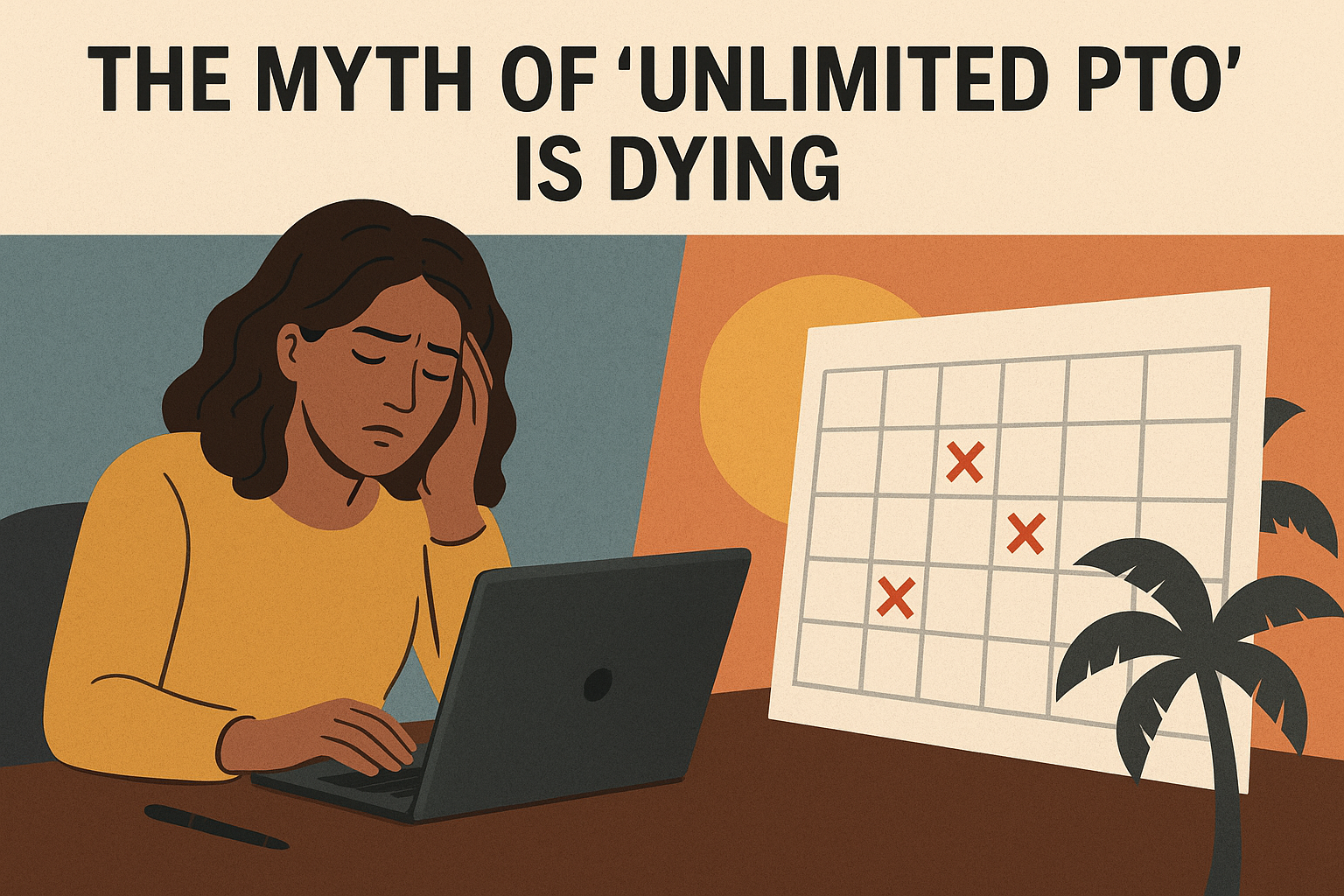
The Myth of 'Unlimited PTO' Is Dying: Companies Revert to Fixed, Mandatory Leave
The era of Unlimited Paid Time Off (PTO) is showing definitive signs of coming to an end. Once hailed as a hallmark of modern, flexible workplaces, the perk is now being scrutinized by employers and dismissed by workers, with recent data and specific company shifts confirming a clear trend reversal toward fixed, guaranteed vacation time.
The Numbers Behind the Drop
Job market data shows a sharp and decisive retreat from the policy across the United States. According to an analysis of job listings:
- The number of U.S. employment listings featuring unlimited PTO as a benefit declined by over 200% between 2022 and 2025.
- In 2022, approximately 8.8% of job listings on the job search platform Indeed included the perk.
- By June 2025, that figure had plummeted to just 2.9% Why few companies still offer unlimited vacation time.
The decline signals a growing recognition that the policy, whilst sounding generous, often fails to achieve its intended goal of encouraging rest. Companies are increasingly turning to structured absence management systems that provide clear guidelines and better tracking capabilities.
High-Profile Shift: Bolt’s Reversal
The tech company Bolt recently made headlines when its CEO, Ryan Breslow, announced the definitive end of its unlimited PTO policy, replacing it with a concrete, mandatory annual leave structure.
Breslow publicly declared the unlimited model "totally broken" on social media. The company replaced it with a policy that provides employees with a mandatory four weeks of paid vacation per year, with the entitlement increasing based on tenure.
The primary reason for the change was to combat burnout among top-performing staff. As Breslow noted: "When time off is undefined, the good ones don't take PTO. The bad ones take too much. This leads to A-performer burnout" CEO Explains Why He's Ending 'Unlimited' Time Off for Employees.
The Core Problem: Why "Unlimited" Means "Less"
The major flaw in the unlimited PTO model is psychological and cultural: when time off is not clearly defined, employees often feel compelled to take the least amount possible to avoid appearing uncommitted.
Reasons for the backlash against the policy include:
- Peer Pressure: Employees monitor their colleagues' time off and often feel unable to take extended breaks for fear of being judged or falling behind.
- No Accrual Liability: For companies, unlimited PTO means there are no unused holiday days to pay out when an employee leaves, which is a major financial incentive for employers.
- Lack of Clarity: In the absence of a set number, workers lack a benchmark and hesitate to take time that is not explicitly guaranteed.
As more companies recognise that guaranteed, structured rest is more effective for employee well-being and long-term productivity than vague flexibility, the trend is likely to continue favouring fixed annual leave policies. Implementing a robust holiday request system can help organisations manage these structured policies effectively whilst ensuring proper approval workflows and employee visibility.